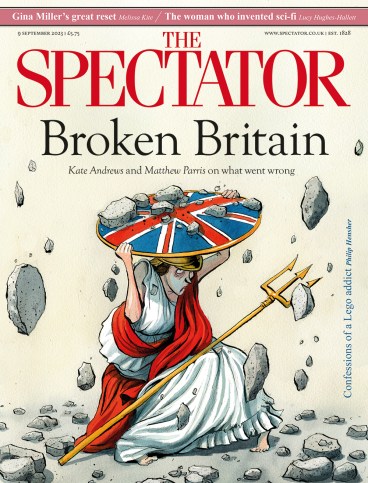The extraordinary life of 17th-century polymath Margaret Cavendish
Margaret Cavendish, the 17th-century Duchess of Newcastle, has been described as a heroine whose every doing ‘is romantic’ (Samuel Pepys); as being ‘so distracted… that there are many soberer people in Bedlam’ (Lady Dorothy Temple); as looking like ‘a devil in a phantom masquerade’ (King Charles II); as ‘the great atheistical philosophraster’ (anonymous 17th-century gossip










